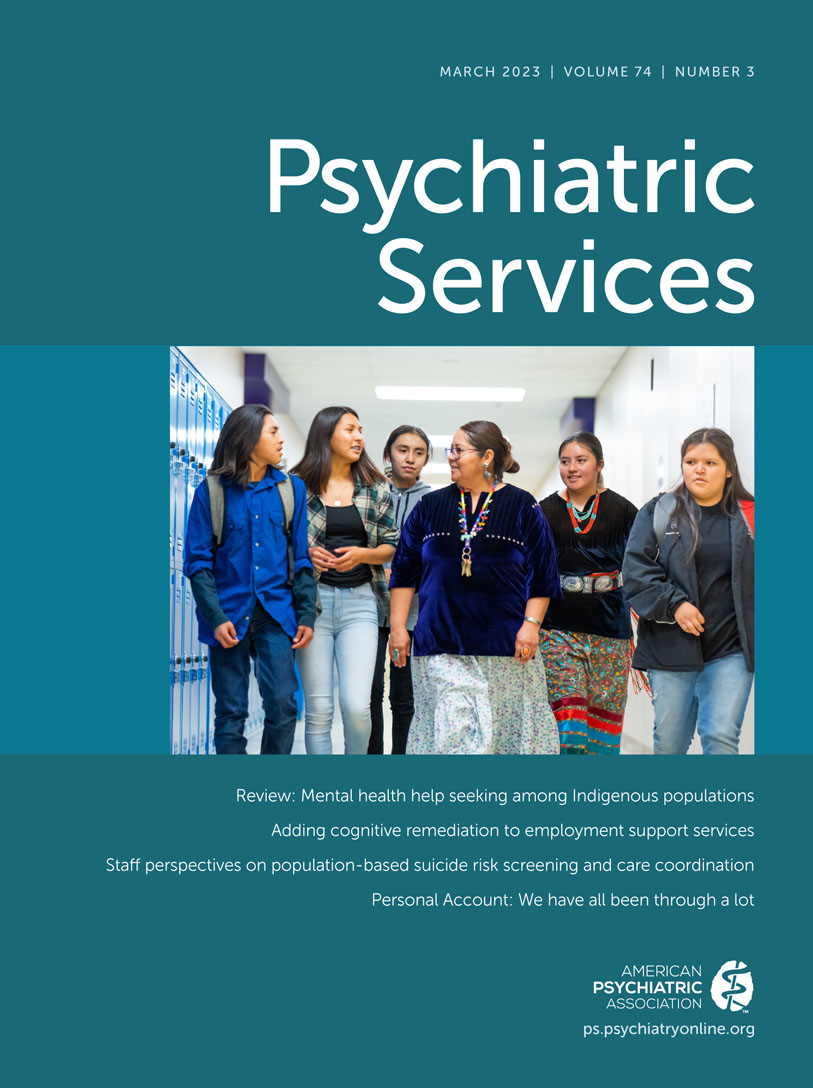We Have All Been Through a Lot: Use of Vulnerability and Self as a Healing Bridge
“Doc, did you ever ride?” Dan asked as I walked him into my office where he had been my psychiatric patient for several years.
The question caught me off guard. I usually keep my personal life outside of my office door. I noticed that he was holding something in his hand and said, “Tell me about what you brought with you today.”
Dan gripped a small framed photograph between his working-man’s hands. “This is the bike I’ve been telling you about. That color isn’t pink,” he said, pointing to the front fender. “It’s fuchsia. See how fine that trim looks? It’s not pink, I’m sure of that. My dad wouldn’t have rode a pink bike. This bike is the reason I stay alive.”
My late husband and I had ridden a motorcycle together once many years ago—before we were married, before my husband became severely depressed, before he gave up. What was the reason I stayed alive after my husband went into the woods with a shotgun and never came out?
Over the past year, Dan had pulled through a serious episode of depression that included thoughts of suicide. There had been appointments after which I feared that Dan would not live to meet with me again.
Dan continued. “When I grew up, my dad and me got real close. We rode bikes together. Got tight. When he hit 50 and got too sick to ride, I’d ride by his place on my motorcycle and stop on the porch for a beer. One day, he got serious on me. I followed him into his trailer and sat down across from him at the small table. ‘I’m not getting better,’ he told me. ‘You’ve got two choices: you can keep my bike, or you can sell it and keep the cash. That’s what you have to choose.’”
Dan pointed to the photograph. “I couldn’t get rid of my dad’s Harley. It was his pride and joy.”
“Nice bike.” I pointed at the lanky man with the ponytail wearing jeans and an unbuttoned shirt posing in front of the bike. “That’s your dad?”
“Yes. That’s my father.” He held the photograph out from his chest and looked at it with reverence. “So when I get to thinking it’s not worth living, I look here”—he pointed to the motorcycle—“and then I have to stay alive. For my dad. I have to take care of my dad’s Harley.”
I had been relieved in recent appointments to hear Dan talk about how he had replaced some of the motorcycle parts with original parts so that in the future—it was reassuring that he was planning for the future—he could restore his father’s motorcycle to its original form.
As I looked at the picture, I was taken back to that ride on a June day many years ago. I remember feeling the sun warm my bare arms and holding my husband as if I would never let go of him.
For a time after he died, I did not let go. I left his sandals on the mudroom floor, his reading glasses by his side of the bed, and his coveralls on the nail in his wood shop, and I waited for him to return. For months, I waited.
Slowly, I learned to let go of that wish and to hold on to the love. I let go of the sandals and reading glasses and left the coveralls on the nail to remind myself of the many hours he spent building shelves for all our books.
Slowly, the full force of the memory of that ride returned. How much we loved! What joy we shared! For that joy, I stayed alive. For this memory, I was grateful.
Dan pulled off his cap, stroked his shaved head, and repositioned the cap just so. Again he asked, “You ever ride?”
Sometimes self-disclosure feels right. At that moment, I felt that sharing something about my own experience would deepen our human connection. We had both been through a lot. “Yes,” I said. “I rode once. On the back of a motorcycle, actually. Holding tight to someone I loved. That ride took my breath away.”
“That’s good, Doc. Then you know what I mean. You know just what I mean.”
I smiled. Yes, I knew.



